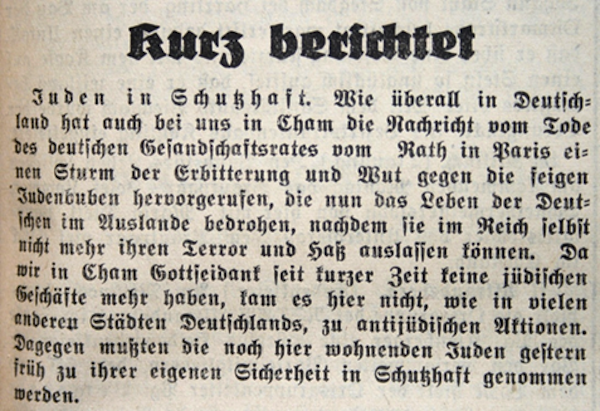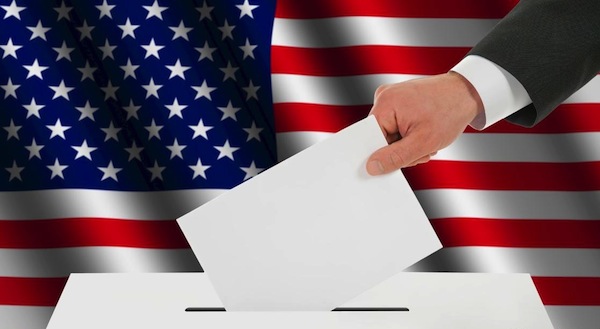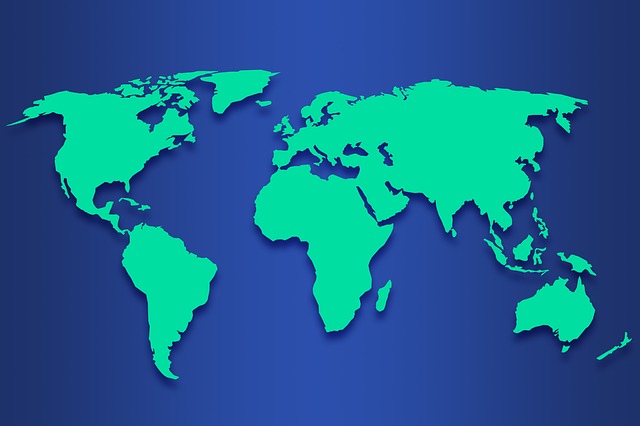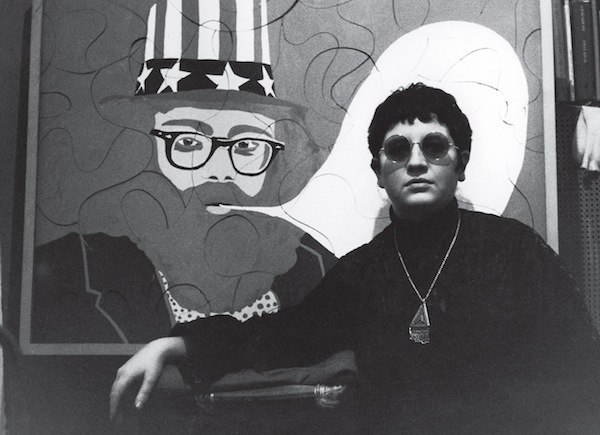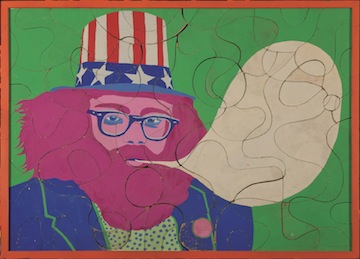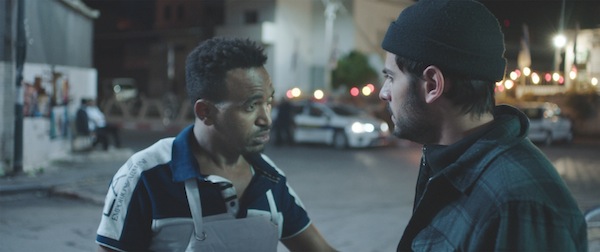I watched inauguration day with great emotion, for numerous reasons, including the fact that a Black Indian woman is in the White House for the first time in history. I was equally excited not only about the corollary fact that there is a second gentleman for the first time in history, but that he is a Jew – the first in history to enter the White House. And yet, I noticed that the very same media outlets celebrating
Kamala Harris’s mark on history failed entirely to mention her husband’s mark on history. If Doug Emhoff were of African, East Asian, Middle Eastern or Latino descent (as, for the record, a critical mass of Jews are), I believe it would have been another story entirely.
Case in point: there was fanfare over the fact that Alejandro Mayorkas, appointed to head of Homeland Security, is the first Latino and the first immigrant to fill the position. There was nary a peep, however, about the fact that he is also the first Sephardi Jew in American history to serve in a cabinet. Given the fact that Sephardi Jews are invisible not only in the American mainstream but even in the Jewish mainstream, his appointment is a significant milestone.
But still, silence.
I believe this silence is rooted in the deeply embedded, twisted and, for the most part, unexamined brand of racism against Jews – namely, that Jews are rich, all-powerful and controlling the world. Over the millennia, across the globe, this ideology has been used to fuel and justify anything from discrimination to genocide of Jews – ironically underscoring the lack of Jewish power, given how easy it has been to beat down and upend Jews, no matter what leadership positions or financial assets we may have accumulated under our collective belt.
Despite the many obstacles to Jewish power and wealth, in this country as elsewhere, Jewish accomplishment in either realm is typically put under a microscope, resented and/or derided. At best, it is envied, with an undertone that Jews don’t deserve it, and that there is something dirty or sinister about Jewish money and power.
Take a personal example from the late 1980s, when I was a student at Columbia University, and Professor Griff from Public Enemy came to campus: speaking to a packed audience, he launched a pointed attack on Jews – among other things, referring to the school as Columbia Jewniversity. This, despite the fact that a scant 50 years prior, Jews were barred admission at Columbia and throughout the Ivy League, simply for being Jews.
Another example: Hollywood routinely comes under attack as being run by Jews, instead of getting recognized and celebrated as a hallmark of Jewish creativity and survival. And yet, as documented in the film Hollywood: An Empire of Their Own, Jewish immigrants created the industry from the ground up, specifically because, as Jews, they were barred from the spectrum of other professions in America.
“RichJewish” mindlessly rolls off people’s tongues like one word, and people routinely ascribe supernatural business powers to anyone with Jewish blood. But how many are aware of the historic racism and persecution behind each of these ideas? While the particulars varied according to time and place, in Christian- and Muslim-dominated societies alike, throughout the millennia, Jews were prohibited from owning land, banned from most or all established professions, and barred entry into schools from elementary to university levels. Jews thus were forced into entrepreneurship and innovation, in the interest of survival, leveraging whatever scraps or cracks in the system that were available at the time.
Of particular note, for centuries in Christian Europe, Jews deliberately were banned from all professions except that of the despised userer – effectively forcing Jews into a “dirty business,” then punishing Jews for it, through genocide. While times have changed, the image of the crooked Jew persists, if only through a vague sense of distaste or mistrust.
As a colleague once noted, “Religion creates culture.” While we live in a predominantly secular society today, American ideas and values are shaped by a primarily Christian legacy, including the embedded notion that Jews are all-powerful. So, it’s understandable, albeit questionable, that most Americans could not comprehend the significance of the first Jew in the White House or the first Sephardi Jew in the cabinet.
I, however, did. So, after watching Harris and Emhoff walking down Pennsylvania Avenue, with Ella Harris in tow, sporting a classic JewFro, I took matters into my own hands and wrote a song, “Jew in the White House,” blending an ancient Iraqi Jewish prayer with original music and lyrics, celebrating Emhoff’s stamp on history. It was telling that a number of Jewish friends – in real life and on social media – were distinctly uncomfortable with my song airing on YouTube, afraid that calling attention to a Jew in power might stir the rancour of racists and lead to a wave of anti-Jewish violence. After all, Proud Boys and QAnon ideology is rooted in classic tropes of Jews running the world, so why add fuel to the fire?
Exactly my point.
At its best, Jewish power is conditional, tenuous and fragile. It is neither handed over nor readily available to Jews. It is not a privilege. It is hard-won – the outcome of scrappiness and sacrifice over the course of generations, in the face of overwhelming odds. And it is high time that we not only recognize it as such, but full-on celebrate it.
Loolwa Khazzoom (KHAZZOOM.com) is an Iraqi-American Jewish musician, writer and educator. Her work has been featured in top media, including the New York Times, Marie Claire and Rolling Stone. This article was originally published by jewthink.org.

